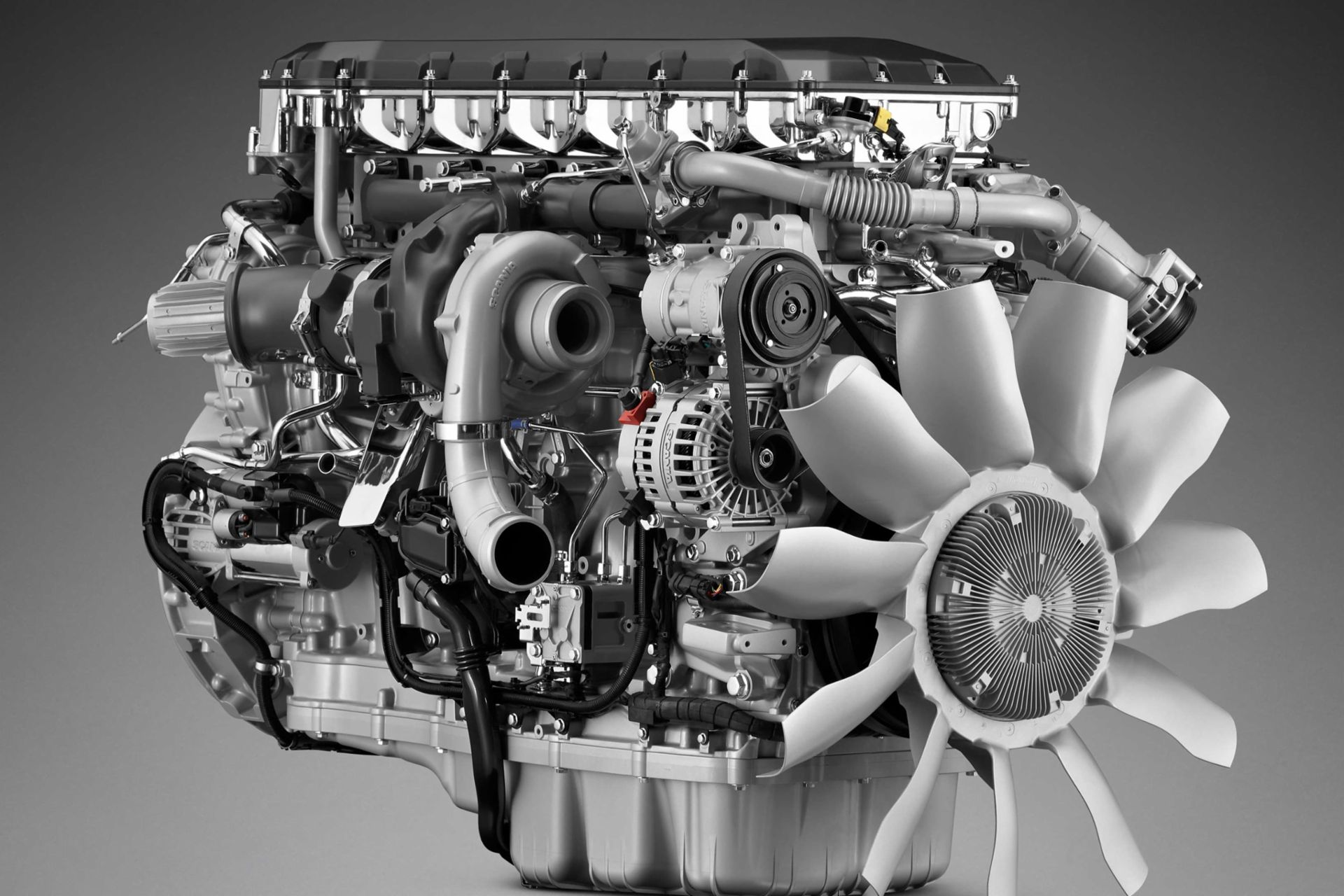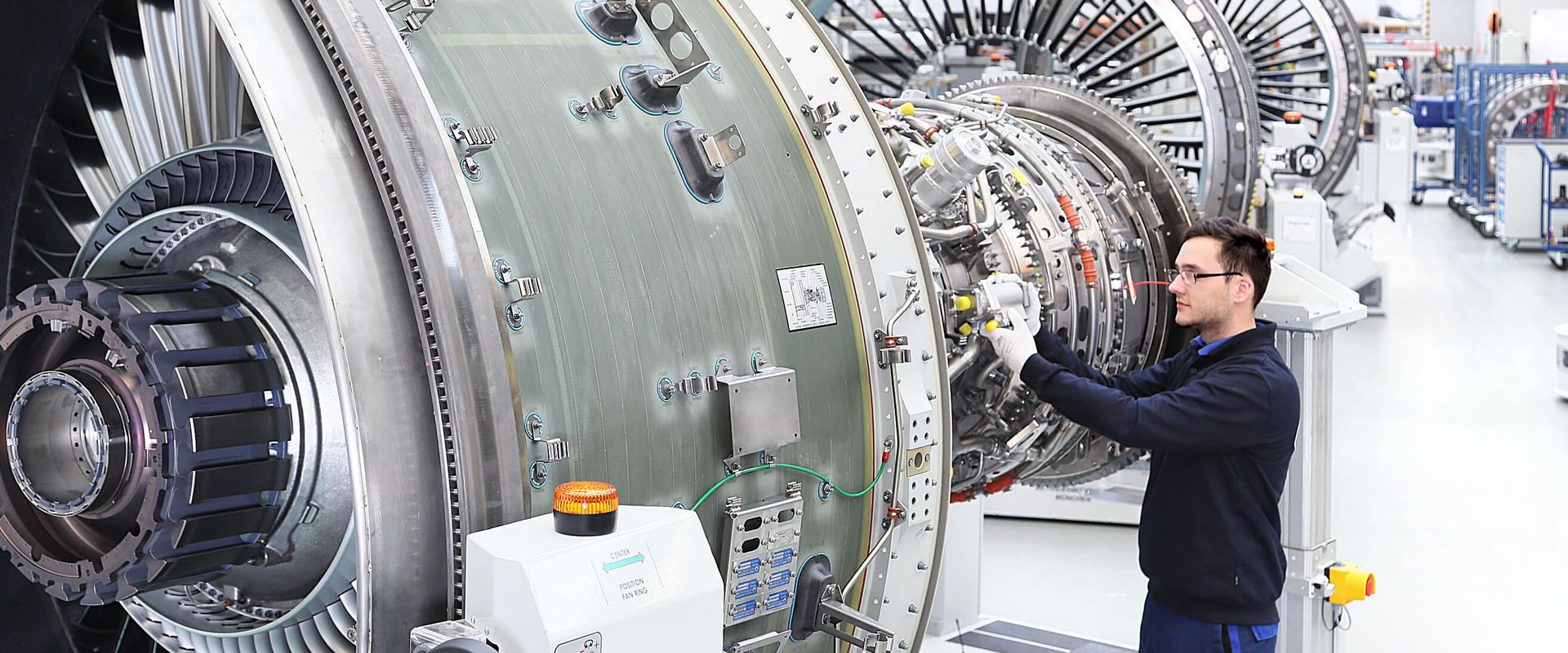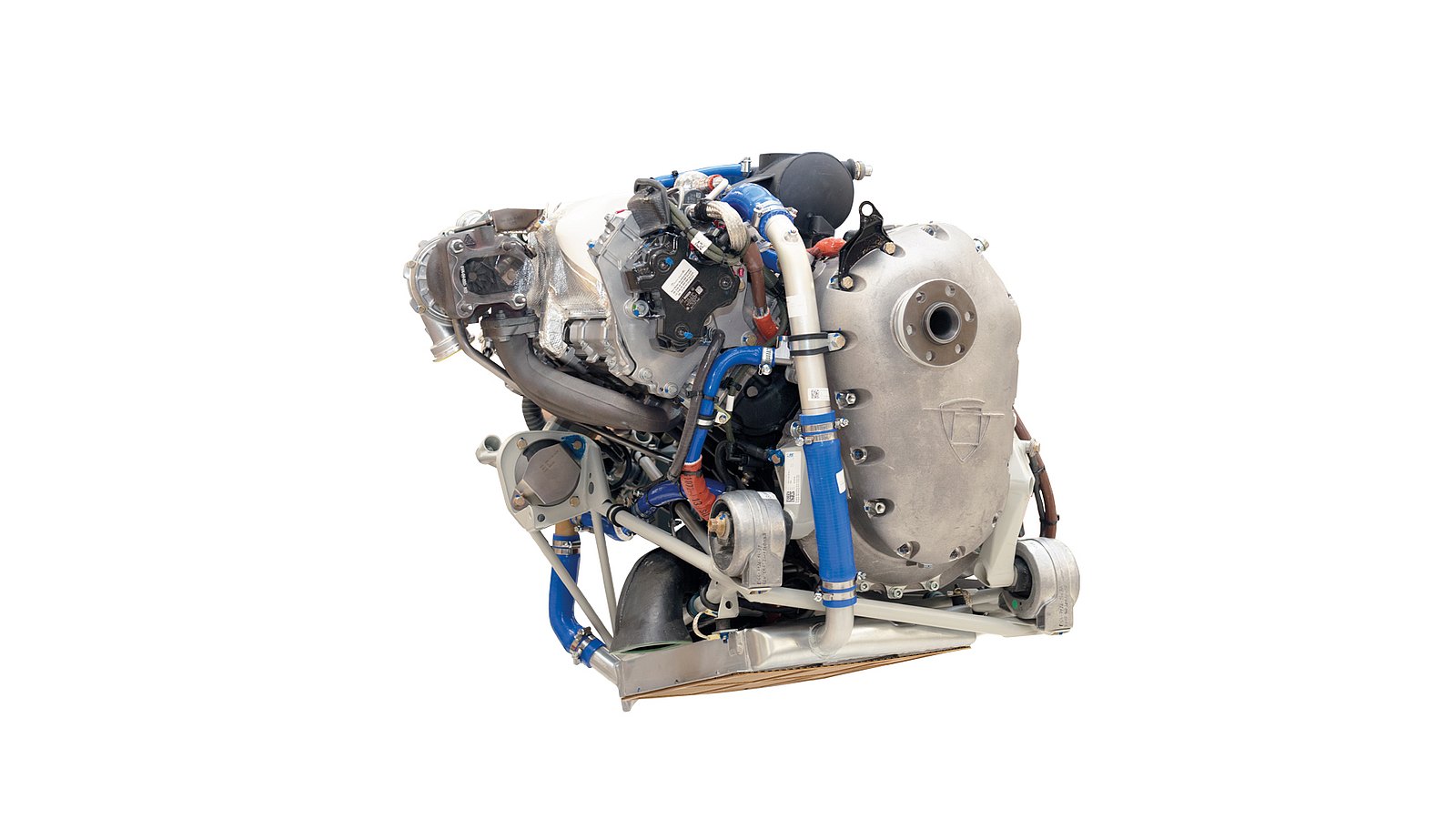Improve Your Fleet with Engines For Africa's Choice
Improve Your Fleet with Engines For Africa's Choice
Blog Article
Discover a Variety of Engines for Every Lorry and Purpose
The automotive landscape is increasingly complicated, with a varied array of engine kinds designed to satisfy specific performance and effectiveness requirements across numerous vehicle classifications. From the high-performance engines that power cars to the fuel-efficient alternatives tailored for everyday commuting, the selections are vast and varied. Furthermore, durable engines offer the demands of job lorries, while environmentally friendly alternatives are gaining grip in the pursuit of sustainable transportation. Comprehending these differences is vital for making notified decisions, specifically as arising modern technologies remain to form the future of vehicle engineering. What implications might these improvements hold for suppliers and customers alike?
Sorts Of Automotive Engines
Automotive engines can be categorized into several distinctive kinds, each developed to satisfy specific efficiency and effectiveness demands. One of the most common groups consist of interior burning engines, electrical engines, and hybrid systems.

Electric engines, on the various other hand, operate electrical power kept in batteries, giving instantaneous torque and zero emissions. These engines are becoming significantly popular because of innovations in battery technology and the growing emphasis on sustainability.
Crossbreed systems combine both interior burning and electric engines, allowing lorries to enhance gas performance and decrease emissions by flawlessly switching over between power resources. Each engine type presents its benefits and negative aspects, influencing elements such as lorry style, intended usage, and market need. When selecting the suitable engine for their particular needs., understanding these differences is important for producers and consumers alike.
Efficiency Engines for Sports Cars
Performance engines for sporting activities cars and trucks are especially crafted to deliver boosted power, rate, and dexterity, setting them apart from conventional automotive engines. These engines often make use of sophisticated modern technologies such as turbocharging, supercharging, and variable valve timing to optimize performance and responsiveness.
Typically, performance engines are created with higher compression ratios, which enable greater energy extraction from fuel. This results in remarkable horse power and torque numbers, enabling rapid acceleration and greater top speeds. In addition, the light-weight materials used in these engines, such as light weight aluminum and carbon fiber, add to minimized general vehicle weight, boosting handling and maneuverability.
Engine arrangements like V6, V8, and even hybrid systems are common in efficiency sporting activities autos, each offering special benefits in terms of power distribution and driving characteristics. The tuning of these engines is likewise essential; many suppliers enhance the engine monitoring systems to provide an exciting driving experience, often including sporting activity modes that adjust throttle response and equipment shifts.
Reliable Engines for Daily Commuters
In the realm of everyday commuting, reliable engines play a vital duty in maximizing fuel economic climate and decreasing emissions while supplying trusted performance. As city populations expand and ecological problems escalate, the demand for lorries furnished with efficient powertrains has actually surged.
Modern engines created for day-to-day commuters typically integrate innovations such as turbocharging, straight fuel injection, and hybrid systems. Turbocharging enhances engine performance by compeling even more air right into the combustion chamber, permitting smaller sized, lighter engines that do not endanger power output. Direct fuel injection improves gas atomization, causing far better combustion and increased efficiency.
Hybrid engines, integrating interior combustion with electric power, further enhance fuel economic climate, specifically in stop-and-go web traffic, where conventional engines can struggle with inefficiencies. Electric electric motors aid throughout acceleration and can operate separately at reduced rates, reducing overall fuel usage.
In addition, improvements in engine monitoring systems and lightweight materials contribute considerably to efficient engine design. By focusing on efficiency, sturdiness, and ecological sustainability, suppliers continue to provide engines that not just fulfill the needs of daily commuting but additionally align with global initiatives to decrease carbon impacts.
Heavy-Duty Engines for Job Autos
Sturdy engines for job lorries are regularly engineered to provide extraordinary torque and dependability under demanding conditions. These engines are made to execute in settings where typical engines may fail, such as building sites, logging procedures, and agricultural settings. The primary focus of durable engines is their capability to produce high degrees of power while maintaining durability over expanded periods of operation.
Usually, heavy-duty engines use sophisticated materials and robust construction methods to withstand the rigors of hefty work. Attributes such as enhanced cylinder blocks, enhanced cooling systems, and advanced gas injection innovations add to their performance. These engines usually operate at reduced RPMs, which assists to enhance fuel efficiency while offering the essential power for pulling and carrying.
In addition to mechanical toughness, durable engines are commonly outfitted with sophisticated electronic control devices (ECUs) that manage performance, emissions, and diagnostics. This combination enables for much better monitoring and upkeep, making sure that job cars continue to be efficient and functional.
Inevitably, heavy-duty engines are a necessary part in the performance of various industries, supplying the necessary power this and dependability to deal with the most difficult of tasks.
Eco-Friendly Engine Options
The expanding focus on sustainability has actually brought about the advancement of environment-friendly engine options that focus on decreased hop over to these guys exhausts and boosted fuel effectiveness. These engines are created to decrease the ecological effect of cars while still supplying the efficiency and dependability anticipated by consumers.
Amongst one of the most significant green choices are electrical and hybrid engines. Hybrid engines integrate typical inner burning engines with electric propulsion, permitting reduced gas intake and reduced greenhouse gas emissions. Electric engines, on the other hand, run totally on battery power, generating no tailpipe emissions and adding to cleaner air high quality.
Another appealing development is the development of biofuel engines, which utilize eco-friendly resources, such as plant materials, to power automobiles (Engines For Africa). By using biofuels, these engines can reduce reliance on nonrenewable fuel sources and reduced total carbon impacts

As the automotive market evolves, environment-friendly engine options will certainly play an essential function in driving the change towards even more lasting transportation solutions.
Verdict
From high-performance engines that improve sporting activities auto abilities to reliable models focusing on fuel economic situation for everyday commuters, each kind serves a specific feature. Durable engines cater to durable job automobiles, while environmentally friendly alternatives, such as electric and biofuel engines, promote sustainable transport.

Report this page